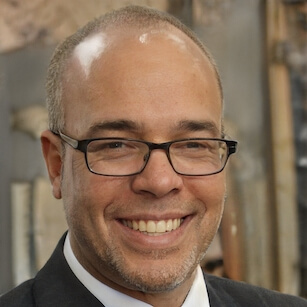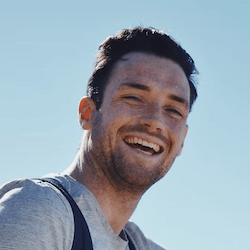Next, I like to think of the event budget as the backbone of the planning process. It's essential to establish a realistic budget early on, taking into consideration all possible expenses, such as venue rental, catering, marketing, and entertainment. I remember a project where I had to work on a tight budget, and by carefully allocating resources, we managed to pull off a fantastic event without overspending.
Once the budget is set, I focus on securing the perfect venue for the event. I consider factors like location, capacity, and accessibility, as well as any specific requirements the event may have. In my last role, I organized a corporate retreat, and I had to ensure the venue had adequate conference facilities, accommodations, and team-building activities.
Next comes vendor and supplier selection. I've found that establishing strong relationships with reliable vendors is crucial to the event's success. I carefully vet potential partners and negotiate contracts to ensure the best quality and value for the event.
With the core elements in place, I turn my attention to marketing and promotion. I develop a comprehensive marketing plan tailored to the event's target audience, utilizing various channels such as social media, email campaigns, and traditional media outreach. A useful analogy I like to remember is that marketing is like a puzzle, where each piece represents a different promotional channel, and when put together, they create a complete picture of the event.
As the event date approaches, I focus on logistics and coordination. I create a detailed event timeline, assign responsibilities to team members, and ensure that all equipment and materials are in place. In my experience, frequent communication with vendors and staff is key to ensuring a smooth event execution.
Lastly, I evaluate the event's success by measuring its performance against the initial objectives and gathering feedback from attendees, vendors, and staff. This helps me identify areas for improvement and celebrate the event's accomplishments. For example, after the charity gala I mentioned earlier, we not only reached our fundraising goal but also received positive feedback from attendees, which contributed to the event's overall success.










